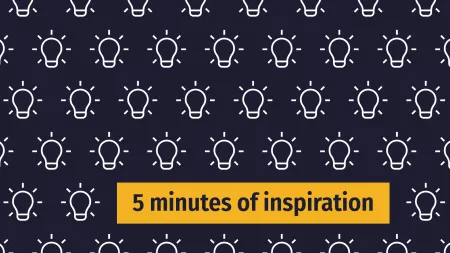“I learned that a [VSLA] is a school for solidarity and mutual support that lets us work together to achieve our goals,” says one woman in VSLA programs in Morocco. A woman in Niger says VSLA, “has opened my eyes and now I do not hide anymore and I speak a lot.”
We know VSLAs help people save money. Right now, our evidence says that the 7.6 million VSLA members CARE works with save more than half a BILLION dollars to invest in their own wellbeing. That’s incredible, and that’s not all. VSLAs have incredible non-financial impacts as well. They help women build self-confidence, learn new skills, negotiate new leadership roles, even change national laws.
68 people from CARE teams in 14 countries around the world joined in the process to read 48 project evaluations and pull out evidence about the social and empowerment changes VSLAs can bring. Here’s what women have to say about the changes VSLA mean in their lives.
What have we accomplished?
-
Women are more self-confident: In Mali’s Pathways program, women were 54% more likely to be confident to speak in public at the end of the program.
- Women influence more decisions: In Ghana, the number of households where women could make equal financial decisions more than quadrupled, from 20% at baseline to 94% in 2016. In 2018 in an emergency response program in Niger, women said, “… women are listened to. A woman has a chance to have her say in the face of hard situations.”
- Women are more mobile: One leader in Morocco noted, “I was surprised to see men allowing their wives to leave the house for 3 days to attend markets and events that the women organized themselves. I think this change was possible because of CARE’s training program.”
- People experience less Gender-Based Violence and conflict: In Cote d’Ivoire’s Cocoa Life program, women are taking steps to prevent violence, “If I see a man beating his wife, I will confront that man and ask him to find another way to solve the problem. Failing that, I do not hesitate to report him to the Human Rights Commission…”
- Women are coordinating emergency response: In Chad, VSLA members used their savings to buy grain that they could eat during the lean season. If they didn’t need it because their own production was enough, they could sell it for a profit of about $50—two-thirds of what CARE gave them as a cash distribution.
- Women are more likely to have leadership positions, and to get elected: The percentage of women in leadership roles in ALP communities were 44% in Kenya, 55% in Niger, and 67% in Ghana. In Niger in 2004, 45 women were elected as municipal councilors, compared to 140 in 2011. In the same period, the number of women in VSLAs running for office more than doubled from 112 female candidates to 279. The most recent studies reveal that half of women in public office in CARE areas have been part of CARE’s women’s leadership programs.
- Gaps between men and women got smaller: In Mali, the gap between men and women in controlling assets has been cut in half, and the gap in control over production has gone down by 25%. Benin’s ACMA project, women corn producers saw an 11% increase in revenue, dramatically narrowing the gap between men and women.
- Governments are changing laws and budgets: The government of Cote d’Ivoire committed to including gender in its national development plan from 2016-2020. In Mali, results of CARE’s support for women’s participation include the adoption of a gender action plan by local officials and the introduction of quotas for women on land committees.
How did we get there?
- Provide training in topics that matter to women: Especially leadership, literacy, and marketing. In Mali and Niger, women have organized literacy classes so that women can learn to read—a skill they see as critical to their own empowerment. In Niger, that has resulted in a 71% increase in women’s literacy in savings groups.
- Highlight role models: women supporting each other and learning from role models is critical. As one role model woman says, “I was chosen to influence other young non-entrepreneurs through my hard work. … I help children in my community with fees for those who could not afford it and are willing to learn.”
- Get couples to communicate: Couple’s dialogues are one of the most consistently successful interventions. In Mali’s Pathways program, both women and men told evaluators that couples dialogue was one of their favorite activities, and one that had a profound impact on the way they interacted.
- Get male champions to spread the word: Ghana’s PROMISE program trained 110 men to be gender champions who reached out to their communities to promote gender equality and women’s voice at the community and household level. Mali’s GEWEP II project also built a network of male champions to support women’s rights in their communities.
- Remember politics: Women in VSLAs need a seat at the political table to create lasting change.
- Connect VSLAs to each other: VSLA federations have been important structures to foster broader change.
- Get leaders and activists involved: Having powerful champions who can influence members of their community to accept new ideas is a common approach in many VSLA programs.
Want to learn more?
Check out the Curiosity Collective Evidence Report and the Executive Summary
